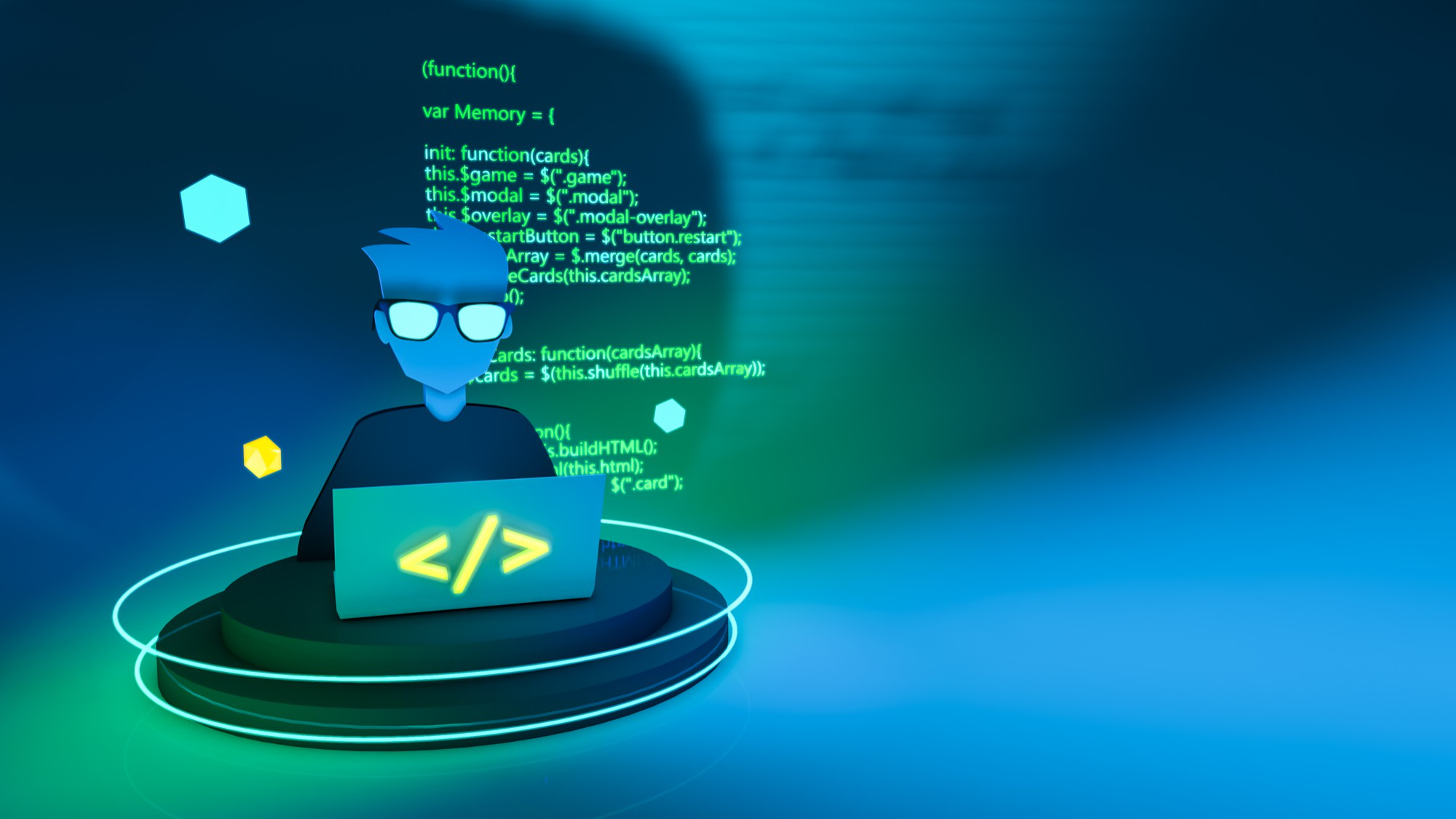Navigating the Future of Software Development: Insights & Trends for 2030
With the rapid evolution of technology, the landscape of software development is undergoing a transformative change. As we approach 2030, it’s crucial for tech enthusiasts, developers, and agencies to stay updated with the latest trends, challenges, and opportunities that lie ahead. This article delves deep into the future of software development, offering insights and predictions for the next decade.
The Continuous Evolution of Software Development
Software development, a dynamic field, is constantly adapting to meet the ever-changing demands of consumers and businesses alike. With the rise of new technologies and tools, developers and application development agencies must be agile and innovative to stay ahead of the curve.
Key Factors in Adopting New Technologies
Embracing new technologies is not just about jumping on the latest trend. It requires a strategic approach, understanding market demands, ensuring data security, and hiring the right talent. Here are some pivotal factors to consider:
- Market and Consumer Demands: It’s imperative to understand your target audience and ensure that the adopted technology aligns with their needs.
- Security: In today’s digital age, ensuring data privacy and addressing cybersecurity challenges is paramount.
- Scalability and Maturity: The technology should be reliable, mature, and scalable to cater to varying customer requirements.
- Implementation: Having skilled engineers who understand and can operate the technology is crucial for its successful adoption.
Emerging Trends in Software Development
As we transition into a more digitally interconnected world, several trends are shaping the future of software development. Let’s explore some of these trends that are expected to dominate the 2030s.
AI and Machine Learning
Artificial Intelligence (AI) and Machine Learning (ML) are revolutionizing how software is built and operated. With the increasing demand for ML and AI, developers can now leverage these technologies for decision-making, budgeting, prototyping, testing, and even programming. It’s predicted that generative AI will produce 10% of all data in the next three years, emphasizing its growing significance in the software realm.
Low-Code and No-Code Platforms
The need for rapid development has given rise to low-code and no-code platforms. These platforms, equipped with pre-built blocks and drag-and-drop features, expedite the development of mobile and web apps. By 2030, the market for these platforms is projected to be worth USD 35.2 billion, marking a significant shift in how software is developed.
Omnichannel Experiences
In today’s digital era, consumers expect seamless experiences across all touchpoints of their journey. This necessitates a holistic integration of IoT, backend, and frontend systems. For software developers, this means building trust among teams and breaking down silos to deliver unparalleled omnichannel experiences.
Blockchain’s Growing Influence
Blockchain, often associated with cryptocurrencies, is poised to have a profound impact on software development. By 2030, blockchain technology is expected to significantly alter the software industry, with its revenue projected to reach $5,798 million by 2027.
Preparing for the Software Revolution
While investing in new technologies is essential, partnering with the right technology provider is equally crucial. Platforms like Daillac offer a plethora of opportunities for businesses to innovate through integrations, ensuring they are well-prepared for the future.
Collaboration and Communication
One of the cornerstones of successful software development is effective collaboration and communication. As the software landscape becomes more complex, fostering a culture of open communication and teamwork becomes indispensable.
Conclusion
The future of software development is bright, filled with endless possibilities and innovations. By staying informed, embracing new trends, and partnering with the right technology providers, businesses and developers can navigate the future with confidence and success.
Frequently Asked Questions
- What is the role of AI in future software development?
AI will play a pivotal role in automating tasks, optimizing code, decision-making, budgeting, and more. It’s predicted that generative AI will produce a significant portion of data in the coming years.
- How significant will blockchain be in software development by 2030?
Blockchain is expected to have a profound impact, with its revenue projected to reach $5,798 million by 2027.

